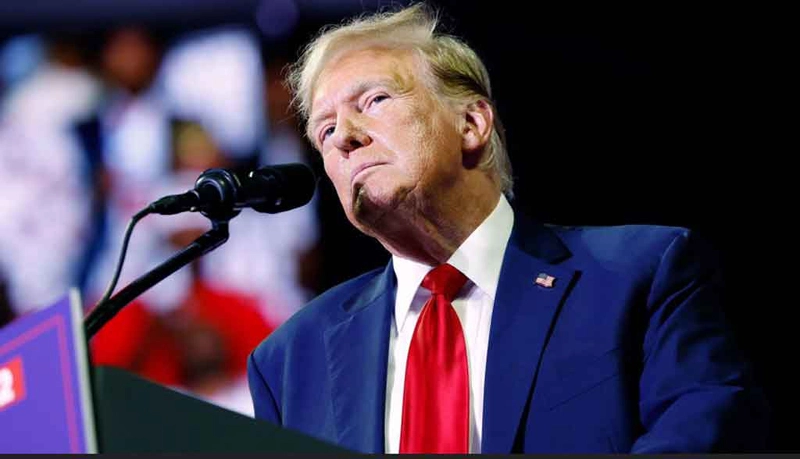President Donald Trump signed a proclamation Wednesday to ban and restrict travel from several countries to the United States, including Cuba and Venezuela, citing alleged security risks.
The Proclamation totally restricts and limits entry from 12 countries “with deficiencies in screening and background checks, and that pose a very high risk to the United States,” he said.
That group includes Afghanistan, Burma, Chad, Republic of Congo, Equatorial Guinea, Eritrea, Haiti, Iran, Libya, Somalia, Sudan and Yemen.
While it “partially restricts and limits” the entry of citizens of seven nations that, according to the directive, “also pose a high level of risk to the United States” and in that case includes Burundi, Cuba, Laos, Sierra Leone, Togo, Turkmenistan and Venezuela.
As for Cuba, President Trump repeats the false and arbitrary arguments that the nation is a state sponsor of terrorism and that “the Cuban government does not cooperate or share sufficient law enforcement information with the United States.”
He said that “historically, Cuba has refused to accept the return of its deported citizens.”
Consistent with the Proclamation, “the Foreign Stays Report, Cuba had an overstay rate with B1/B2 visas of 7.69 percent and an overstay rate with F, M and J visas of 18.75 percent.”
The measure establishes exceptions for lawful permanent residents, holders of valid visas, certain categories of visas, and persons whose entry serves the national interests of the United States, he stressed.
He further noted that “the restrictions and limitations imposed by the Proclamation are necessary to obtain the cooperation of foreign governments, enforce our immigration laws, and promote other important foreign policy, national security, and counterterrorism objectives.”
He added that, after evaluating a report submitted by Secretary of State Marco Rubio in coordination with other cabinet officials. Trump determined that the entry of citizens of certain countries should be restricted or limited in the interest of the above.
Pursuant to President Trump’s Executive Order 14161, issued on January 20th, 2025, entitled “Protecting the United States from Foreign Terrorists and Other Threats to National and Public Security,” homeland security agencies conducted a thorough assessment of the alleged risk.
Trump made the final decision to sign this proclamation after the anti-Semitic attack in Boulder, Colorado, last Sunday, an unidentified White House official opined in local media, although the idea was already floating around Washington.
With information from Prensa Latina
Translated by Aliani Rojas Fernandez
- Installation of Photovoltaic Systems in Rural Communities in Holguin - 19 de January de 2026
- 39th City Salon Opens in Holguin - 19 de January de 2026
- Habanos Festival Among Cuba’s Most Important Tourism Events - 19 de January de 2026

